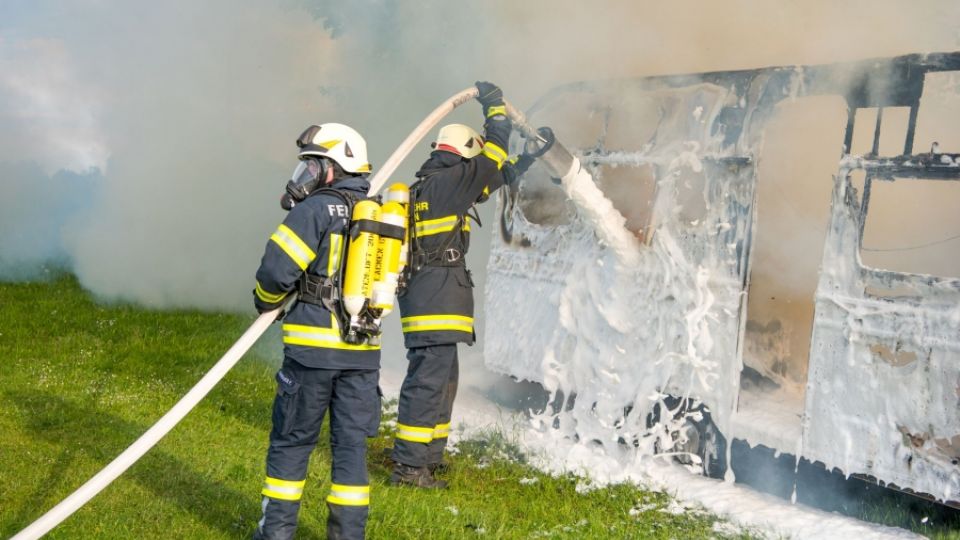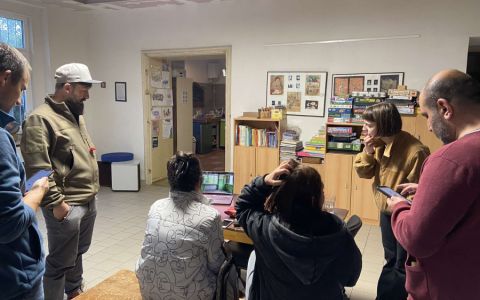On July 4, 2020, a PFOA ban will apply in the EU, which was agreed already in 2019 by the parties of the Stockholm Convention. However, this ban allows for some exemptions, e.g. medical textiles, medical aides or fire-fighting foams. NGOs opposed these exemptions, stating that there are already safe alternatives existing for most of these uses with no PFOA or similar perfluorinated substances.
The biggest PFOA pollution comes from the fire-fighting foams - they are used in extinguishing industrial fires and fire drills. Most Western countries are already transitioning towards PFOA-free foams, but this trend hasn't reached the Czech Republic yet. There is a possibility that the Czechs will stay behind and the country will be left with obsolete foams that might soon be banned.
PFOA is a "forever chemical". We have it at home in our non-stick pan or waterproof jacket. It also contaminates drinking water and the scientists found it even in mountain lakes in remote areas, where humans can rarely go. But PFOA reaches these places bound to rainwater.
This substance is basically omnipresent. In 2012, Arnika conducted research that concluded the presence of these substances in paper food wrappings.
This group of chemicals is now being massively replaced in the EU, but unfortunately by similar perfluorinated substances with lower fluorine levels, despite the fact that they don't need to be in most products. Some European countries (e.g. Denmark or the Netherlands) are proposing to tighten the EU ban and ban all perfluorinated substances.







